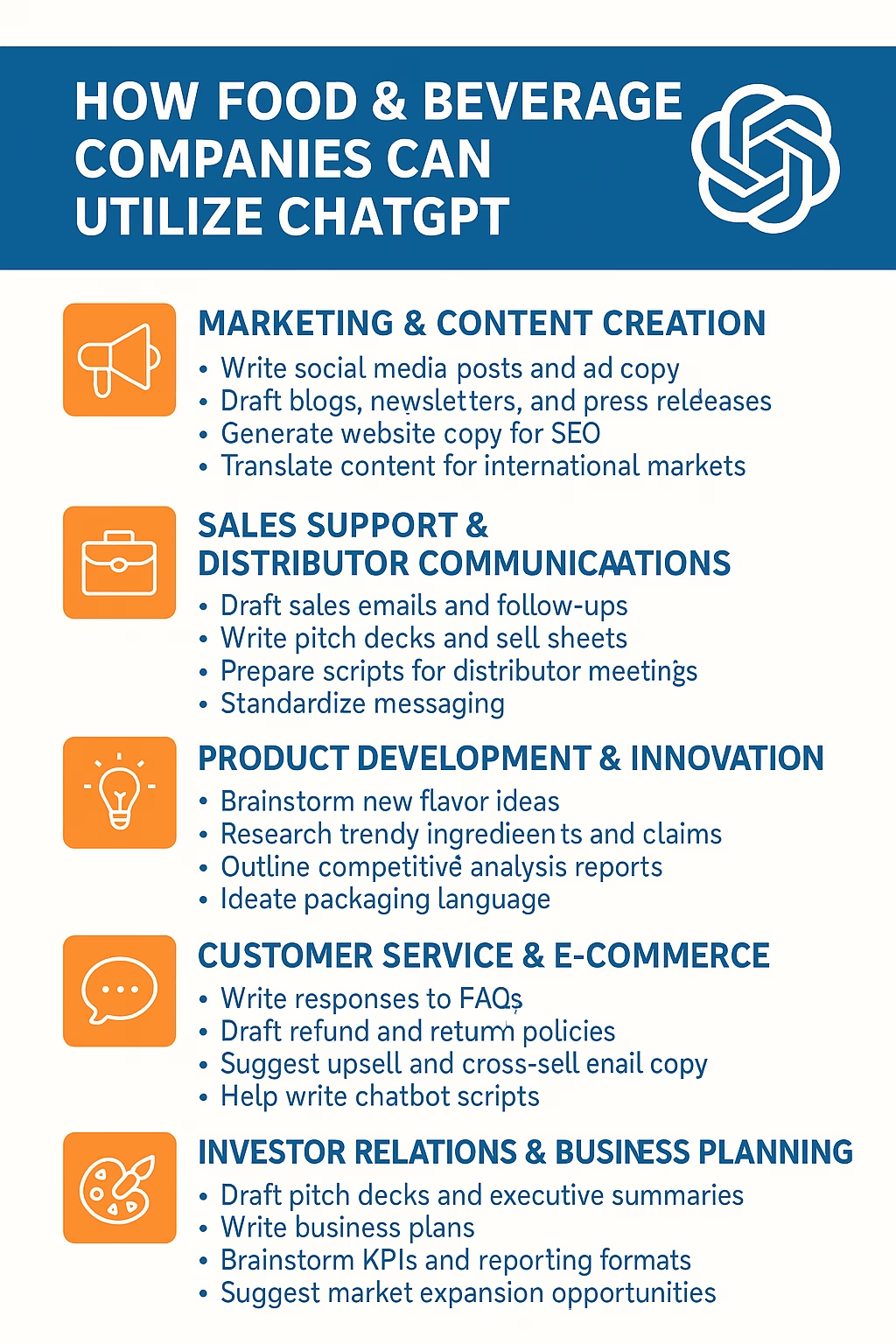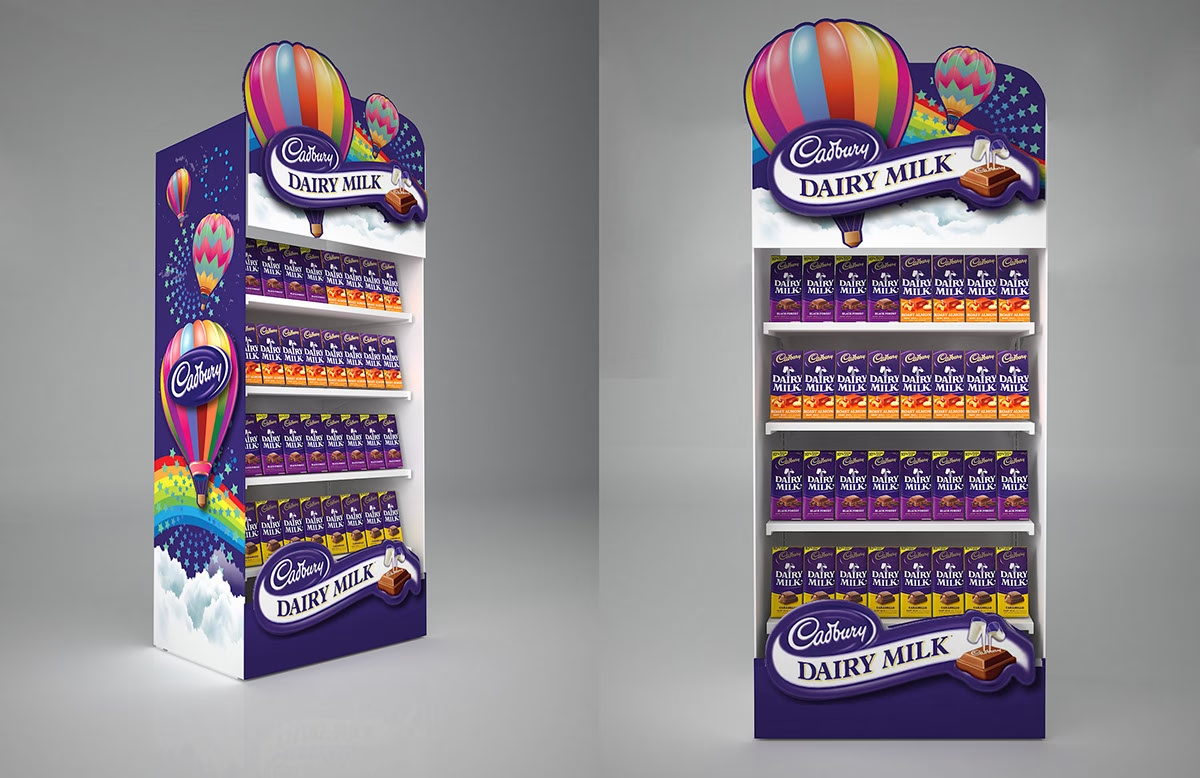Introduction: What Is a Burning Platform? Most businesses don’t change because they want to. They change because they have to.…
Brand Management vs. Marketing: What’s the Difference?
Understanding the distinct roles of brand management and marketing is crucial for businesses aiming to build a strong market presence and engage effectively with their target audience. Though intertwined, these disciplines have specific responsibilities and goals that contribute uniquely to a business’s success.
1. Definition and Focus
Brand Management is the process of developing and maintaining a brand so that it remains relevant and continues to produce economic benefits over time. It focuses on building and sustaining brand equity through elements like brand identity, values, and messaging that resonate with customers consistently across all touchpoints. Learn more about brand management.
Marketing, on the other hand, involves promoting and selling products or services, including market research and advertising. Its primary focus is on meeting the current needs of the market, driving sales, and managing customer relationships in the short term. Explore marketing strategies.
2. Scope and Objectives
Brand Management aims to build brand perception in the minds of consumers, fostering an emotional connection that can lead to brand loyalty. The objective is to create a strong brand that stands out in the marketplace and is perceived as valuable and reliable by customers. Understand brand objectives.
Marketing aims to stimulate interest in products or services. It is often campaign-based, focusing on specific goals like increasing product awareness, generating leads, or driving conversions through various strategies and media channels over a specific period. Find out about effective marketing goals.
3. Strategies and Tactics
Brand Management strategies include maintaining brand consistency, managing the brand portfolio, and evolving the brand to align with changing consumer preferences and market conditions. This involves long-term planning to ensure the brand remains strong and coherent in every interaction with the consumer. Learn about brand management strategies.
Marketing employs tactics that are often short-term and directly tied to sales objectives. These can include promotional campaigns, SEO, content marketing, social media advertising, email marketing, and more, all designed to generate immediate results. Discover marketing tactics.
4. Tools and Metrics
Brand Management uses tools like brand audits, brand tracking, and market analysis to gauge brand equity and consumer loyalty. Metrics might include brand awareness, brand reputation, customer satisfaction, and loyalty rates. Explore brand management tools.
Marketing utilizes tools designed to increase and measure direct engagement and sales performance. Metrics for marketing include lead generation numbers, conversion rates, ROI on advertising spend, and web analytics data. Learn about marketing metrics.
5. Impact and Measurement
Brand Management has a broad, long-term impact, focusing on the sustained health of the brand. Success is measured over years and is seen in the enduring strength of customer relationships and brand reputation. Understand the long-term impact of brand management.
Marketing impacts are more immediate and are typically measured in terms of campaign effectiveness and direct sales figures. The success of marketing efforts is often quantifiable in the short term, reflecting the immediate response to marketing activities. Find out how to measure marketing success.
In conclusion, while brand management builds and maintains the brand for long-term equity and loyalty, marketing focuses on actively promoting and selling the brand’s products or services in the short term. Both disciplines are essential to a comprehensive business strategy but operate with different methodologies and goals.







